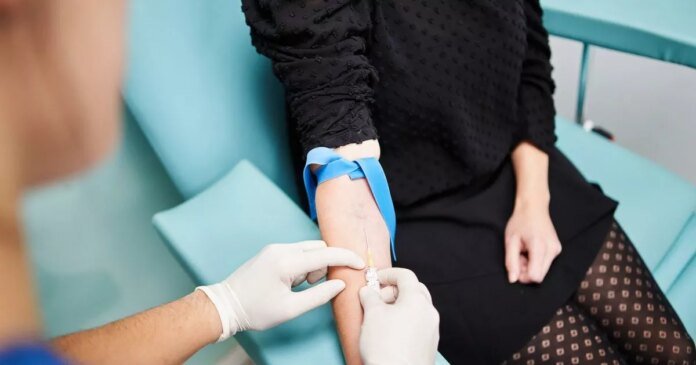Around 55,000 individuals will need additional blood tests following the discovery of errors in diabetes diagnosis machines. The NHS in England has disclosed that about 10% of its labs nationwide have been impacted by these inaccuracies.
These malfunctions have resulted in some patients receiving an incorrect type 2 diabetes diagnosis and being prescribed unnecessary medications. NHS England has confirmed that 16 hospital trusts use defective machines from Trinity Biotech, leading to unreliable test outcomes.
Dr. Clare Hambling, the national clinical director for diabetes at the NHS, stated, “Receiving an inaccurate diagnosis for a chronic condition like type 2 diabetes is understandably concerning, but the actual risk of harm to patients from this issue is minimal.
“Less than 10% of NHS labs were affected, and they have either replaced the machines or resolved calibration issues following advice from the Medicines and Healthcare products Regulatory Agency (MHRA) in July. Individuals needing retesting will be contacted by their GP or local hospital.”
The BBC investigated the situation after initially reporting in September 2024 that 11,000 patients required retests due to a faulty machine at Luton and Dunstable Hospital producing inaccurate diabetes results.
The problematic test in question, known as the haemoglobin A1C test, measures average blood sugar levels critical for diabetes diagnosis and monitoring. The MHRA reported issues with the machines’ tests as early as April 2024.
Trinity Biotech informed the BBC, stating, “The company has collaborated closely with the MHRA to address the challenges encountered by some UK labs using the system.”
The company’s statement mentioned that they had “issued three Field Safety Notices in 2024 to all UK users, notifying them of a potential positive bias issue.”
These notices included “reiteration of details of the actions to be taken to ensure optimum operation of the system, emphasizing the importance of following the manufacturer’s instructions,” the statement added.
At Reach and throughout our entities , we and our partners utilize data collected via cookies and other identifiers on your device to enhance your site experience, analyze usage, and display personalized ads. You can opt out of data sale or sharing anytime by clicking the “Do Not Sell or Share my Data” button at the bottom of the page. Please note that preferences are specific to your browser. Your use of our site and services indicates acceptance of cookies and consent to practices outlined in our Privacy Notice and Cookie Policy.

